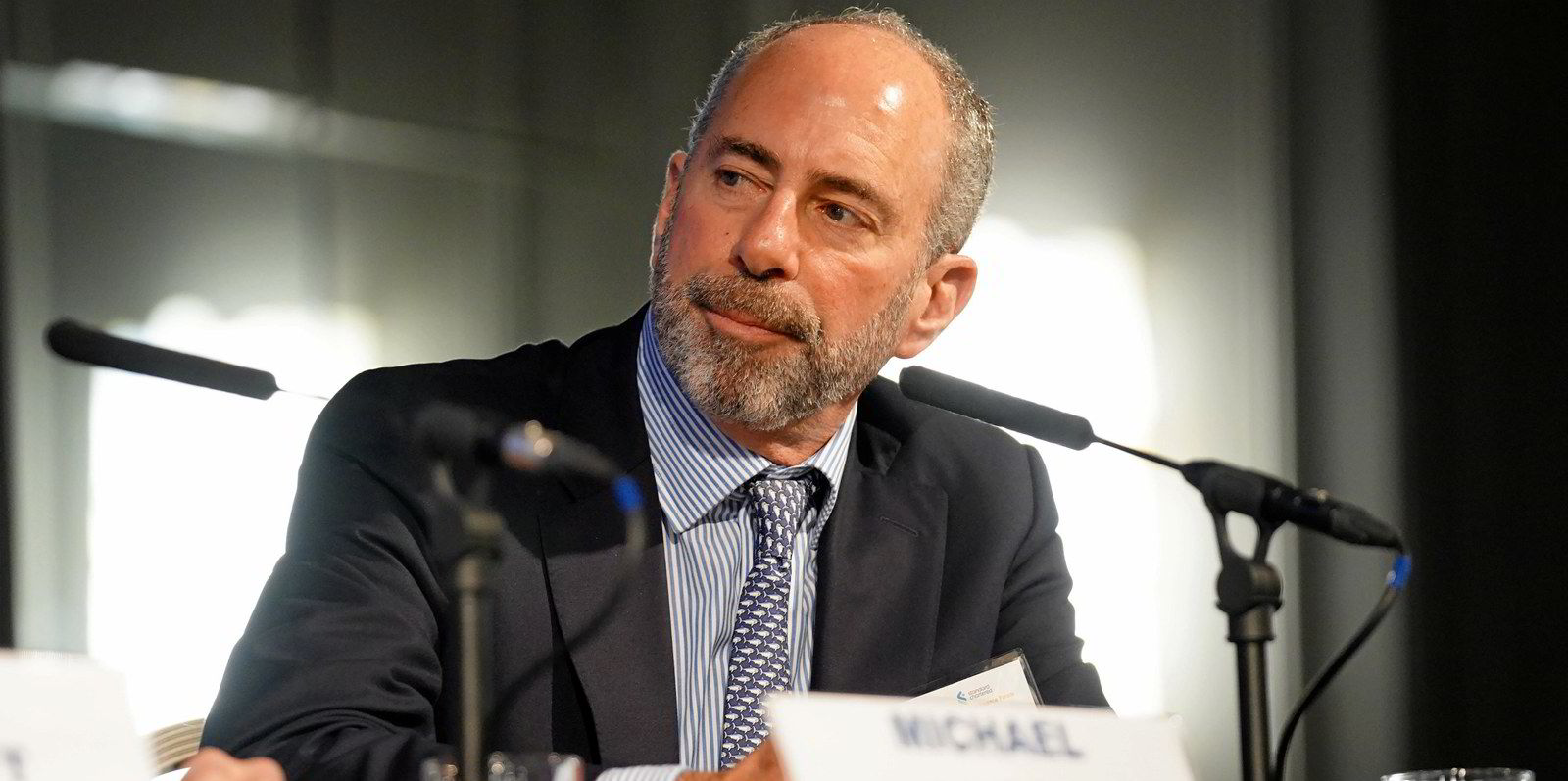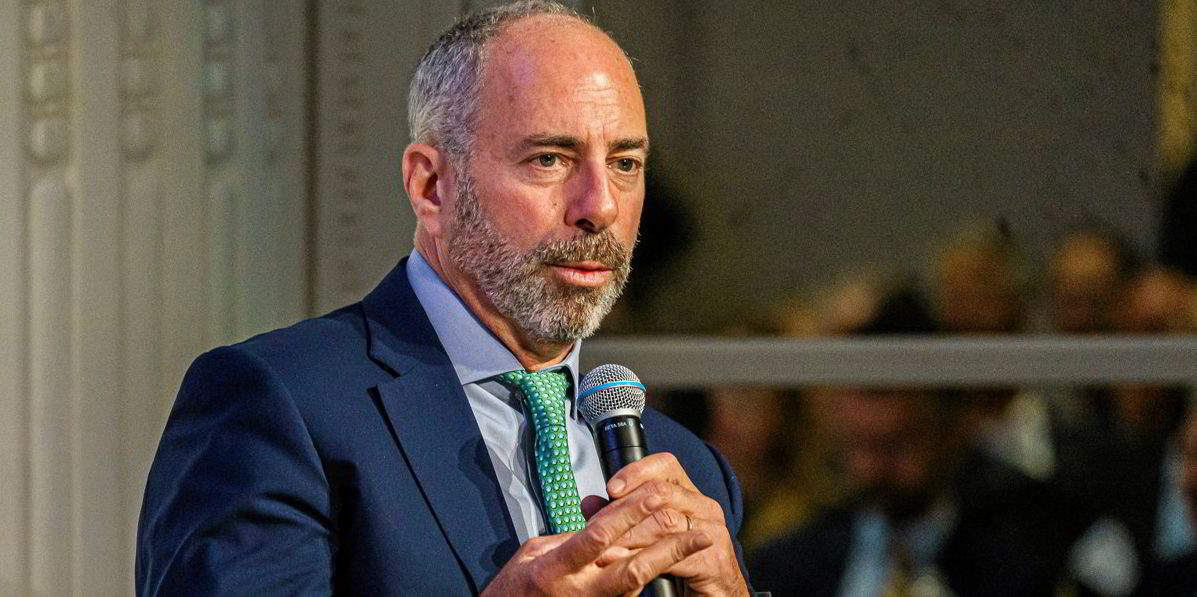The long-term process to decarbonise the global shipping industry is being delayed by the failure of regulators to set out a clear route to hitting key targets, warned Ardmore chief executive Anthony Gurnee.
Speaking days before the International Maritime Organization ponders changing its climate goals for the industry, Gurnee said delays in providing a clear pathway was an “avoidable and increasingly self-harming roadblock”.
“The longer we await regulatory clarity, the longer we are deferring the start of the real work,” Gurnee said, as the New York-listed chemical and product tanker business published its third annual sustainability report.
Kitack Lim, the IMO’s secretary general, told TradeWinds earlier this month that member states were moving towards backing net zero by 2050.
The Marine Environment Protection Committee, which is due to begin on 3 July, will discuss revising the organisation’s strategy for reducing carbon emissions.
The current goal is to cut emissions by 50% by 2050 from a 2008 baseline, but several of the world’s largest economies and environmental groups have pushed for a target of net zero. Countries such as China, Saudi Arabia, Brazil, India, South Africa and Russia have opposed the move.
Gurnee said the average 25-year lifespan for ships meant that the industry needed clarity soon to start on a process in earnest that would take the better part of two decades.
He said the industry was ready to collaborate and invest when there was sufficient clarity but progress would remain marginal until then.
Ireland-based Ardmore’s sustainability report revealed a 4.5% cut in its emissions since 2019. It said earlier this month that it would retrofit more MR tankers with a scrubber that is ready to also capture carbon.
“The global fleet will achieve only moderate incremental improvements in greenhouse gas reduction, especially when taking into account demand growth,” he said.
He said the introduction of double-hull tankers and reducing the sulphur content of ship’s fuel oil showed that the current regulatory framework was sufficient to tackle the challenge.




